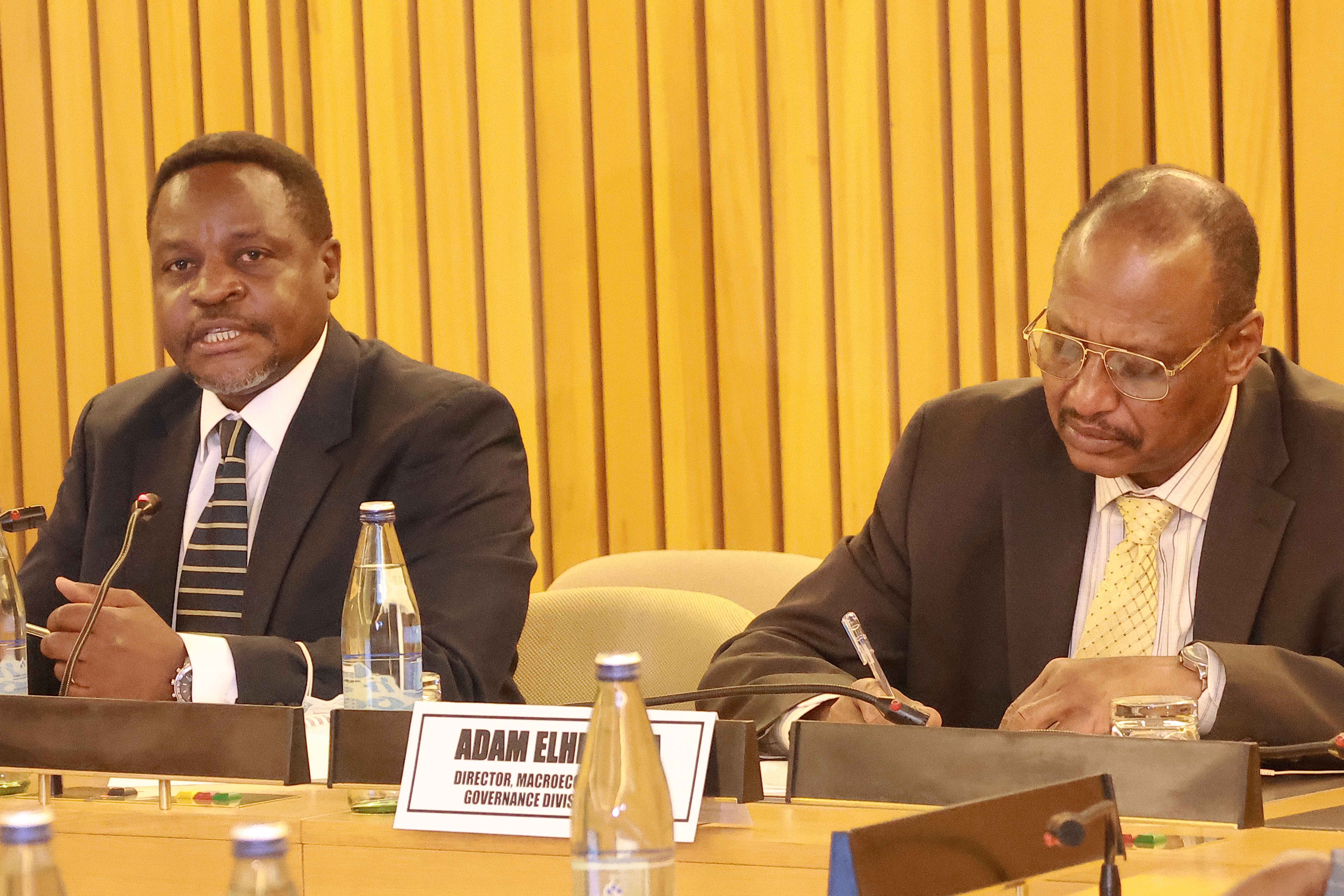
Africa's economic growth is anticipated to remain sluggish, experiencing only a marginal increase to 3.5pc in 2024, according to the latest World Economic Situation & Prospects report released by the UN. In a positive contrast, Ethiopia stands out with a forecasted growth of 5.9pc. The report underscores the necessity for increased efforts in revenue collection to ensure sustainable economic growth. At the launch of the report hosted at the United Nations Economic Commission for Africa, Adam Elhiraika, the director of the Macroeconomic Policy Division, emphasised the importance of seizing opportunities presented by the fourth industrial revolution, particularly with the rise of artificial intelligence. He highlighted the significance of establishing clear goals for borrowed funds allocation before African countries undertake substantial loans. It raises concerns over central banks navigating between inflation, growth, and financial stability. The uncertain monetary tightening orientation of the United States Federal Reserve and the European Central Bank adds to the issue. Global factors such as slower economic growth, tightening monetary conditions, and elevated inflation further complicate the growth outlook for developing countries. The rising borrowing costs and debt burdens faced by these nations underscore the need for prudent financial management. Ethiopia's debt burden, estimated at just below 40pc of GDP, is notably lower compared to other African countries such as Egypt (above 80pc), Kenya (a little over 60pc) and Zambia (undergoing debt restructuring negotiations with a 99pc debt-to-GDP ratio).
[ssba-buttons]